The worst thing in the world is to try to sleep and not to
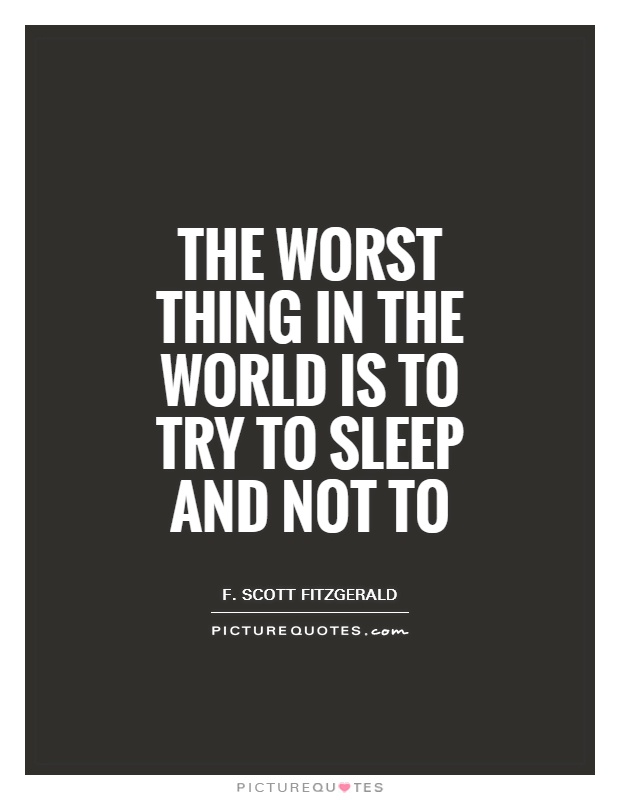
The worst thing in the world is to try to sleep and not to
F. Scott Fitzgerald, the renowned American author known for his iconic novel "The Great Gatsby," often explored themes of disillusionment, longing, and the pursuit of the American Dream in his works. One of the recurring motifs in his writing is the idea of restlessness and the inability to find peace, which is exemplified in the quote, "The worst thing in the world is to try to sleep and not to."For Fitzgerald, sleeplessness can be seen as a metaphor for the inner turmoil and existential angst that his characters often grapple with. In many of his stories, the protagonists are haunted by a sense of unease and dissatisfaction, constantly searching for something elusive and unattainable. This sense of restlessness is often tied to the characters' desires for wealth, status, and love, which ultimately prove to be hollow and unfulfilling.
In "The Great Gatsby," the character of Jay Gatsby embodies this sense of longing and restlessness. Despite his immense wealth and extravagant parties, Gatsby is unable to find true happiness or contentment. His obsession with the past and his unrequited love for Daisy Buchanan drive him to pursue an impossible dream, leading to his tragic downfall.
Similarly, in Fitzgerald's short stories such as "Winter Dreams" and "The Diamond as Big as the Ritz," the characters are consumed by their desires and ambitions, which ultimately lead to their undoing. The inability to find peace and rest is a recurring theme in Fitzgerald's work, reflecting the disillusionment and emptiness that can come from chasing after superficial goals and material wealth.
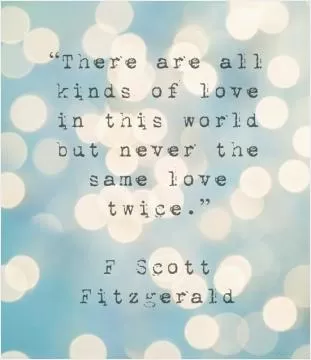

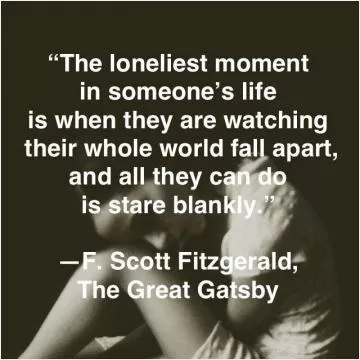
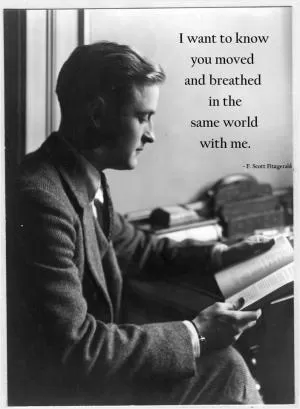
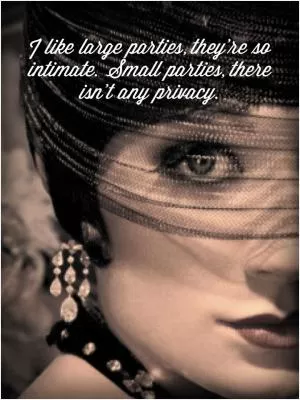
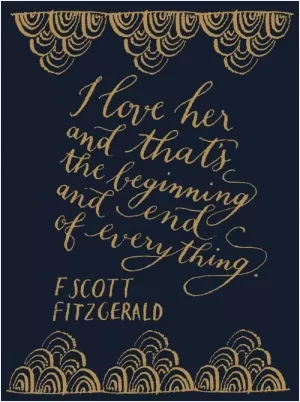


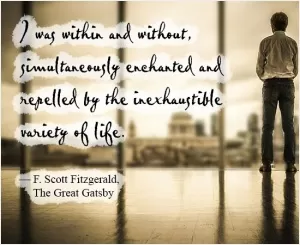
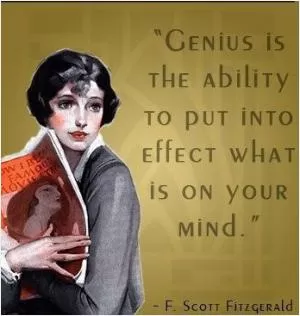
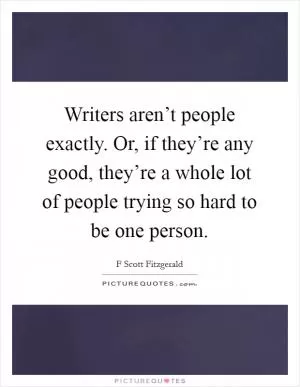
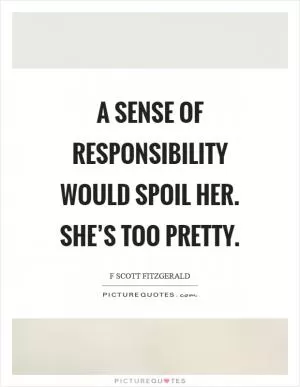
 Friendship Quotes
Friendship Quotes Love Quotes
Love Quotes Life Quotes
Life Quotes Funny Quotes
Funny Quotes Motivational Quotes
Motivational Quotes Inspirational Quotes
Inspirational Quotes